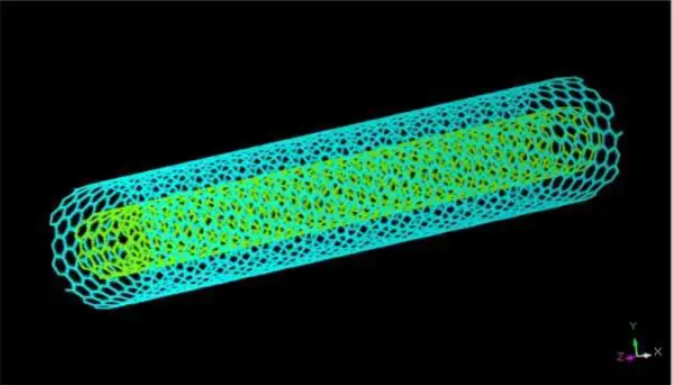Carbon Nanotubes in Biomedical Sensors: Enhancing Real-Time Health Monitoring
In the age of personalized healthcare, real-time monitoring of vital signs and biological markers is becoming essential. From fitness trackers to glucose monitors and implantable diagnostics, the need for sensitive, compact, and biocompatible sensors has never been greater. Carbon nanotubes (CNTs), with their extraordinary electrical, chemical, and mechanical properties, are revolutionizing the design and function of biomedical sensors across the healthcare spectrum.

Why Carbon Nanotubes Are Ideal for Biomedical Sensors
CNTs offer several features that are critical for next-generation biosensors:
-
High electrical conductivity for signal transduction
-
Large surface area for functionalization and biomolecule binding
-
Chemical sensitivity to detect trace amounts of biological markers
-
Flexibility and biocompatibility for use in wearables and implants
Their ability to be tailored for specific applications through surface modification makes CNTs uniquely suited for various diagnostic and monitoring technologies.
Key Types of CNT-Based Biomedical Sensors
1. Electrochemical Biosensors
CNTs enhance the sensitivity and selectivity of sensors that measure blood glucose, cholesterol, or pathogens. Enzymes or antibodies can be immobilized on CNT surfaces for specific detection.
2. Flexible Wearable Sensors
CNT inks and films can be printed onto flexible substrates for use in skin patches or smart textiles that monitor hydration, temperature, or muscle activity in real time.
3. Implantable Sensors
CNTs are used in miniaturized implants that monitor pH, oxygen levels, or neurotransmitter concentrations. Their biocompatibility ensures they do not provoke strong immune responses.
4. Optical and Fluorescent Sensors
Single-walled CNTs exhibit near-infrared fluorescence, which can be used for non-invasive imaging or detection of cancer biomarkers.
Real-World Applications and Examples
-
Diabetes monitoring: CNT-based glucose sensors offer more accurate readings and faster response times.
-
Cardiovascular tracking: Flexible ECG and EMG sensors using CNT films for continuous cardiac monitoring.
-
Neural implants: CNT microelectrodes provide precise readings of brain activity in neuroprosthetics.
-
Infectious disease diagnostics: CNT-based rapid tests for viruses or bacterial infections.
Commercial and Clinical Progress
Companies and research institutions are actively developing FDA-approved CNT-based biosensors, especially in the areas of diabetes management and cardiovascular health. CNTs are also being tested in point-of-care diagnostics and telemedicine platforms.
Challenges and Regulatory Considerations
-
Toxicity and long-term biocompatibility
-
Scalability and cost of production
-
Regulatory hurdles for clinical adoption
To overcome these, researchers focus on functionalization techniques and safe degradation mechanisms for CNTs in biological environments.
The Future of CNT in Healthcare
The integration of CNT biosensors with wireless communication, machine learning, and cloud-based data platforms will enable predictive healthcare systems that respond in real-time to patient needs. This marks a significant leap toward precision medicine.
Carbon nanotubes are pushing the boundaries of what’s possible in real-time health monitoring. Their unique structure and properties enable highly sensitive, miniaturized, and flexible biosensors—offering a powerful tool in the hands of doctors, researchers, and patients alike.

